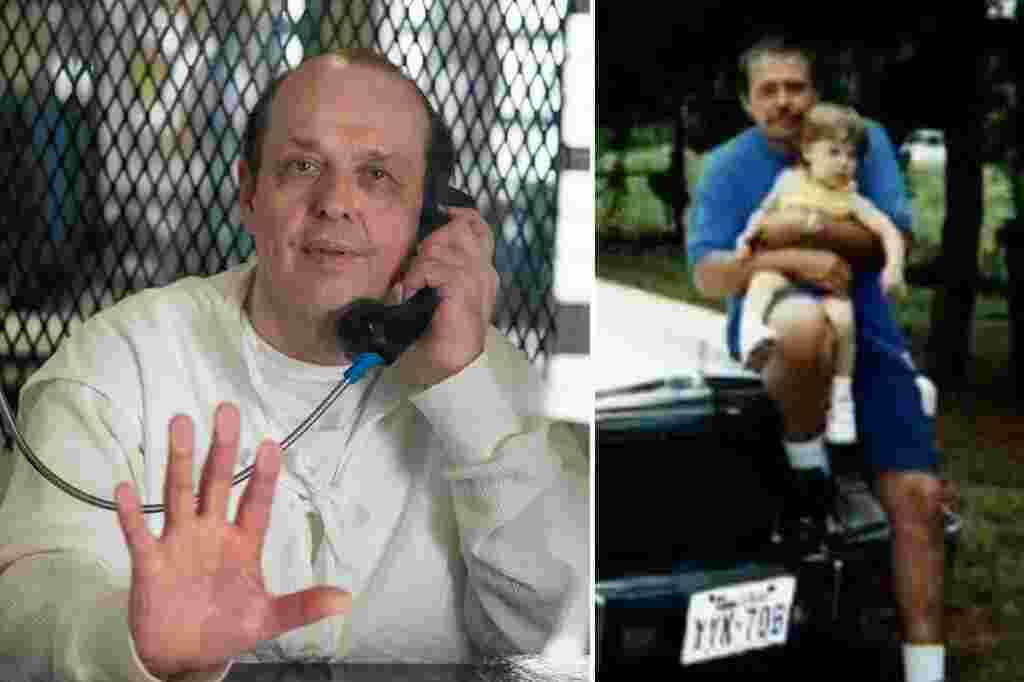Robert Roberson, a 57-year-old man, faces imminent execution in Texas for the murder of his 2-year-old daughter, Nikki Curtis, in 2002. Despite growing calls for intervention, including from the detective who initially investigated the case, a Texas judge has upheld the execution warrant.
Roberson's potential execution would be the first in the US for a murder conviction based solely on shaken baby syndrome. This diagnosis, based on the hypothesis that infants can be shaken with enough force to cause brain hemorrhages without external trauma, has been heavily criticized for its lack of scientific rigor and potential for wrongful convictions.
Roberson's defense team argues his conviction was based on outdated and unreliable evidence. They claim Nikki died from complications related to pneumonia, not inflicted injuries. They also point to the fact that Roberson was diagnosed with autism in 2018, which may have led the jury to misinterpret his behavior during the trial.
Roberson's lawyer, Gretchen Sween, has called on Governor Gregg Abbott to grant clemency, highlighting the mounting evidence of Roberson's innocence. She argues that the case exemplifies a flawed justice system susceptible to wrongful convictions based on outdated scientific understanding.
Brian Wharton, the lead detective in the case, has publicly declared Roberson's innocence. He has gone on record stating that Roberson is "a kind man, a gentle man, a gracious man," and has joined calls for a stay of execution.
Texas lawmakers, medical experts, and advocates have also expressed concerns about the validity of Roberson's conviction, citing the evolving scientific understanding of shaken baby syndrome and the growing number of exonerations in similar cases.
The Texas Court of Criminal Appeals recently overturned the conviction of Andrew Wayne Roark, who had been sentenced to 35 years in prison for a shaken baby syndrome conviction based on similar evidence used against Roberson. This case further underscores the concerns about the reliability of shaken baby syndrome diagnoses and the potential for miscarriages of justice.
Roberson's case has sparked widespread debate about the use of outdated scientific evidence in criminal proceedings and the need for ongoing reevaluation of such evidence. His defense team has filed a stay of execution request with the Court of Criminal Appeals, while they continue to fight for his release.
Despite the mounting evidence of Roberson's innocence and the growing calls for intervention, his execution remains scheduled for Thursday. This case raises critical questions about the integrity of the justice system and its ability to remedy wrongful convictions based on unreliable scientific evidence. The fate of Robert Roberson hangs in the balance, highlighting the urgent need for reform and a commitment to ensuring justice for all.
Texas father’s execution for murder of 2-year-old daughter could be first in US over shaken baby syndrome after judge’s ruling
Robert Roberson, 57, is scheduled to be put to death by lethal injection on Thursday after his attorneys were told Judge Alfonso Charles, the Tenth Administrative Judicial Region presiding judge, denied the defense’s motion to vacate their client’s execut




